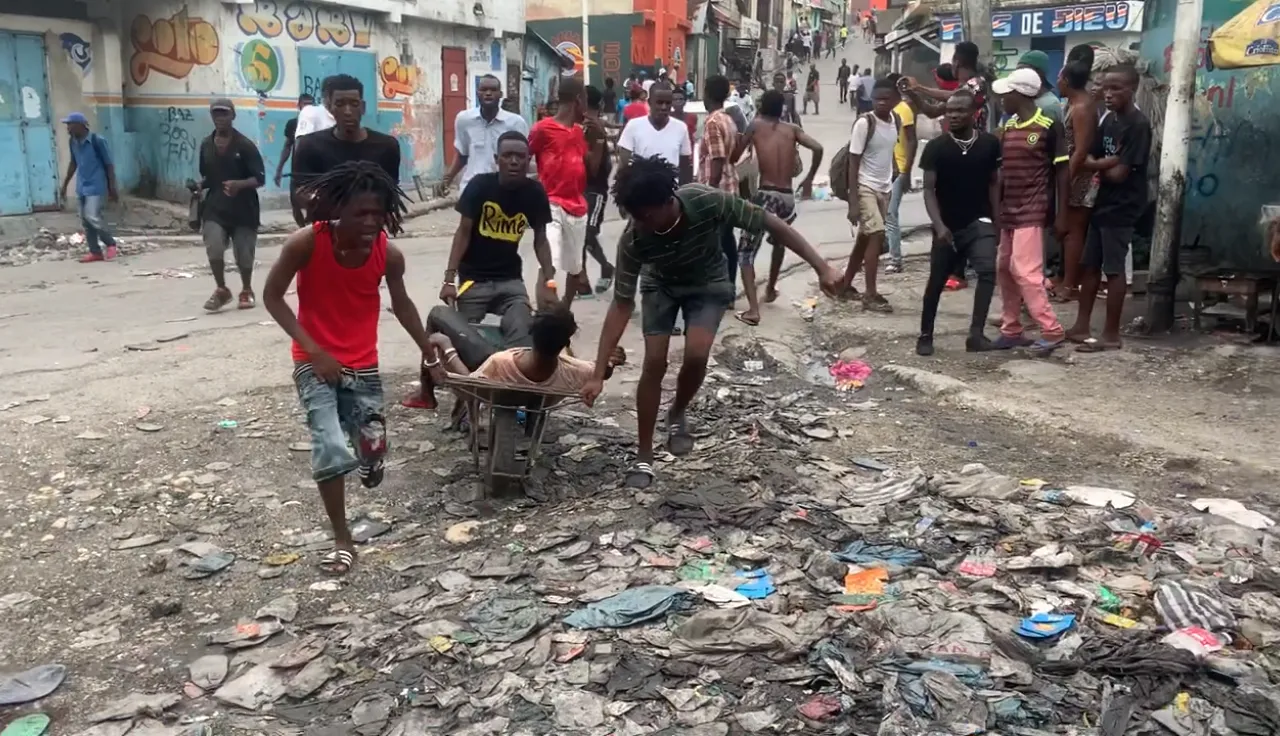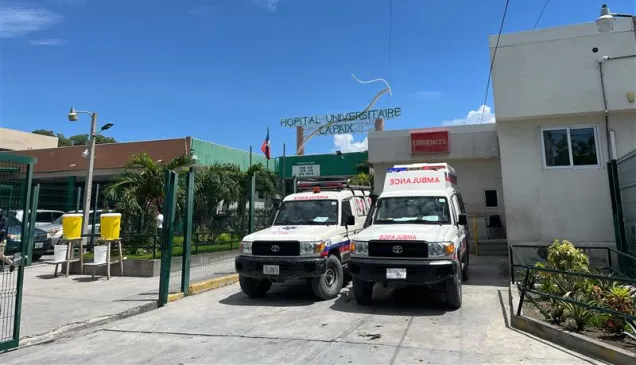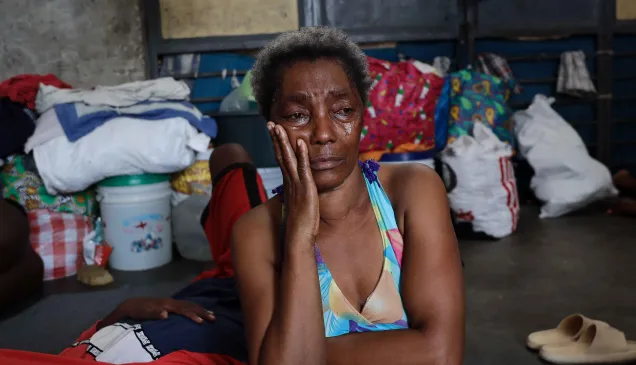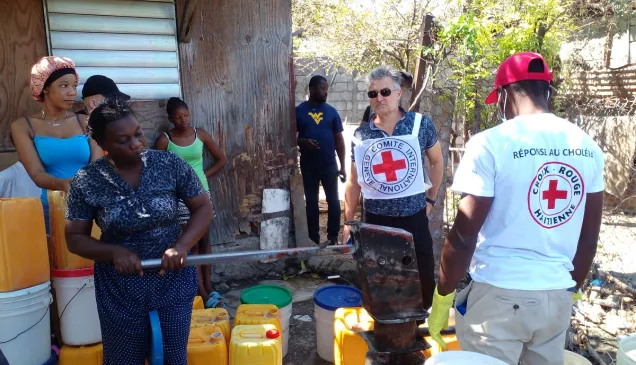Though Haiti has dire security needs, it cannot overshadow people’s humanitarian needs

Opinion SOPHIE ORR
The article was originally published in the Miami Herald.
This July marks two years since Haiti's President Jovenel Moïse was shot dead inside his home. With the country mired in crisis, it is virtually impossible to get hold of regular supplies of water or fuel, or to access healthcare services because of the violence.
The International Committee of the Red Cross (ICRC) team working in Port-au-Prince has seen a substantial increase in the presence and reach of armed groups in Haiti, now numbering up to 300 gangs both within and beyond the capital, which is now mostly under their control. It's no surprise, then, that the dominant narrative about Haiti focuses on insecurity and whether or how to answer calls for the deployment of international forces to intervene and restore order.
Yet this laser focus on the security situation has crowded out an equally important conversation: how to make tangible progress in meeting Haitians' basic needs as they suffer the consequences of such increased levels of violence. There are several Haitian and international organizations working hard to alleviate that suffering, but they are in need of more funding and resources.
As the regional director for the Americas for the ICRC, I fear that a singular narrative about security in the country draws support and attention away from critical humanitarian relief, which could ultimately shrink our ability and that of others to continue to provide assistance. We need a combined approach that considers Haitians themselves and much-needed humanitarian action in parallel to the important security part of this equation in order to build up political confidence in both Haiti and abroad.
Half of Haiti's residents are experiencing hunger, and only slightly more have access to safe drinking water. Schools and medical structures are shut. And these are only the visible consequences — the invisible ones are just as serious. The daily fear of being kidnapped or being in the wrong place at the wrong time creates psychological pressures affecting too many people.
Haiti's profound humanitarian needs are alarming and on the scale of those my organization sees in armed conflicts around the world, covered heavily in the news. But the narrative that exists outside of Haiti is that the situation is so dire achieving results is impossible, creating a sense of hopelessness and fatigue.
Earlier this year, I visited our operations in Haiti, where we provide lifesaving medical resources to local health clinics and hospitals, often together with the Haitian Red Cross, that treat people affected by the high levels of violence. The ICRC maintains access through its neutral way of working, sustained dialogue with communities about their urgent needs and by building up people's own capacities to act as the first responders.
And that's the message: Progress isn't impossible. While many communities in Port-au-Prince are extremely difficult to reach because of the pervasive insecurity, humanitarian access is still possible and more must be done collectively to respond to the current emergency and the longer-term development needs. Lives can be helped if we focus on access and humanitarian issues and if Haitian people remain at the center of these discussions.
That's why the international community must support Haiti — not abandon it — in finding a viable political solution and to strengthen the efforts of humanitarian and development actors, both national and international, which right now are addressing the needs of the most vulnerable.
And it must start a new conversation, one that moves beyond a security-centric narrative and embraces a compassionate, inclusive, and forward-looking approach in Haiti. Statements of support and solidarity must be followed by action, while the space to act exists.
* Sophie Orr is Americas regional director for the International Committee of the Red Cross



